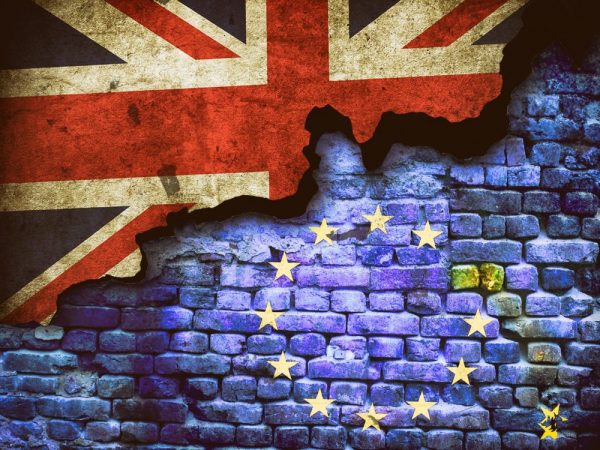Post-Brexit Tax Implications for UK Businesses
It’s generally believed that one of the main reasons so many individuals voted “leave” in the referendum in June was to restore some fiscal sovereignty to the UK, enabling us to establish our own laws, in particular our own tax laws, without interference from Brussels.
The former chancellor, George Osborne, who was a leading light in the campaign to remain, promised to cut corporation tax in order to encourage UK investment in the post-Brexit climate. Speaking to the Financial Times, Osborne pledged to reduce the rate of corporation tax to less than 15%, although he failed to mention a timescale and of course was pushed out of the cabinet in mid-July. It is not yet clear whether his replacement Phillip Hammond will adopt a similar policy towards corporation tax.
The most significant changes following the UK’s decision to leave the EU will probably be those that affect VAT. Of course, once Article 50 is triggered, it will still be another two years before the UK is finally separate from the EU, so until that happens, UK businesses will continue to trade as normal, with most EU-based business to business trade remaining largely VAT- and duty-free.
Possible changes to VAT law
The UK’s withdrawal from the European Union means that VAT – which is a European law – will no longer be under the governance of the EU VAT Directive.
In the 2016 Budget, it was announced that UK Treasury revenues of £138bn would be raised by VAT in 2016/17; only income tax had a bigger increase. As It’s such an important source of revenue, it is therefore expected that VAT or something very similar, will remain in place, with the UK having more freedom to set its own VAT rates. This may trigger the emergence of more zero-rating, which would be a definite advantage, but it could also mean that VAT could be raised higher than 20% in order to manage a possible recession and generate the necessary additional revenue.
The most significant result of the changes in VAT rules will be how they affect Intra-EU trade. Currently, business to business transactions are zero-rated where VAT is concerned. However, in future the nature of this trade will change and will be subject to EU VAT, which has a variety of consequences. A clear advantage is that UK businesses will no longer have to complete Intrastat or European Sales Lists (ESLs).
It also means that UK business owners will need to take the following points into consideration:
* Local EU VAT registration may well be required.
* The cost of freight agents on imports and exports will increase and it will be necessary for goods to be entered and cleared.
* While VAT on overseas expenses should still be recoverable, it will become a much lengthier and more challenging procedure.
Possible changes to Customs Duty
The potential changes to customs duty could be significant, but a great deal depends on the ability of the UK to negotiate a favourable Free Trade Agreement with the EU. In the absence of a Free Trade Agreement, standard WTO tariffs will apply. A UK car manufacturer selling to its French subsidiary, for example, would give rise to a 10% duty tariff. A Free Trade Agreement is therefore fairly critical to UK businesses that have EU supply chains.
Much of the detail of what Brexit will really mean for UK tax law is yet to be finalised, so for some time yet the full implications will remain unclear.
If you have any concerns about the tax implications for your business, then please contact us now. We would be happy to help. You can contact us by emailing info@morganreach.com or give us a call on 0207 316 3024 to discuss the implications on your business more specifically in more detail.
Post-Brexit Tax Implications for UK Businesses






